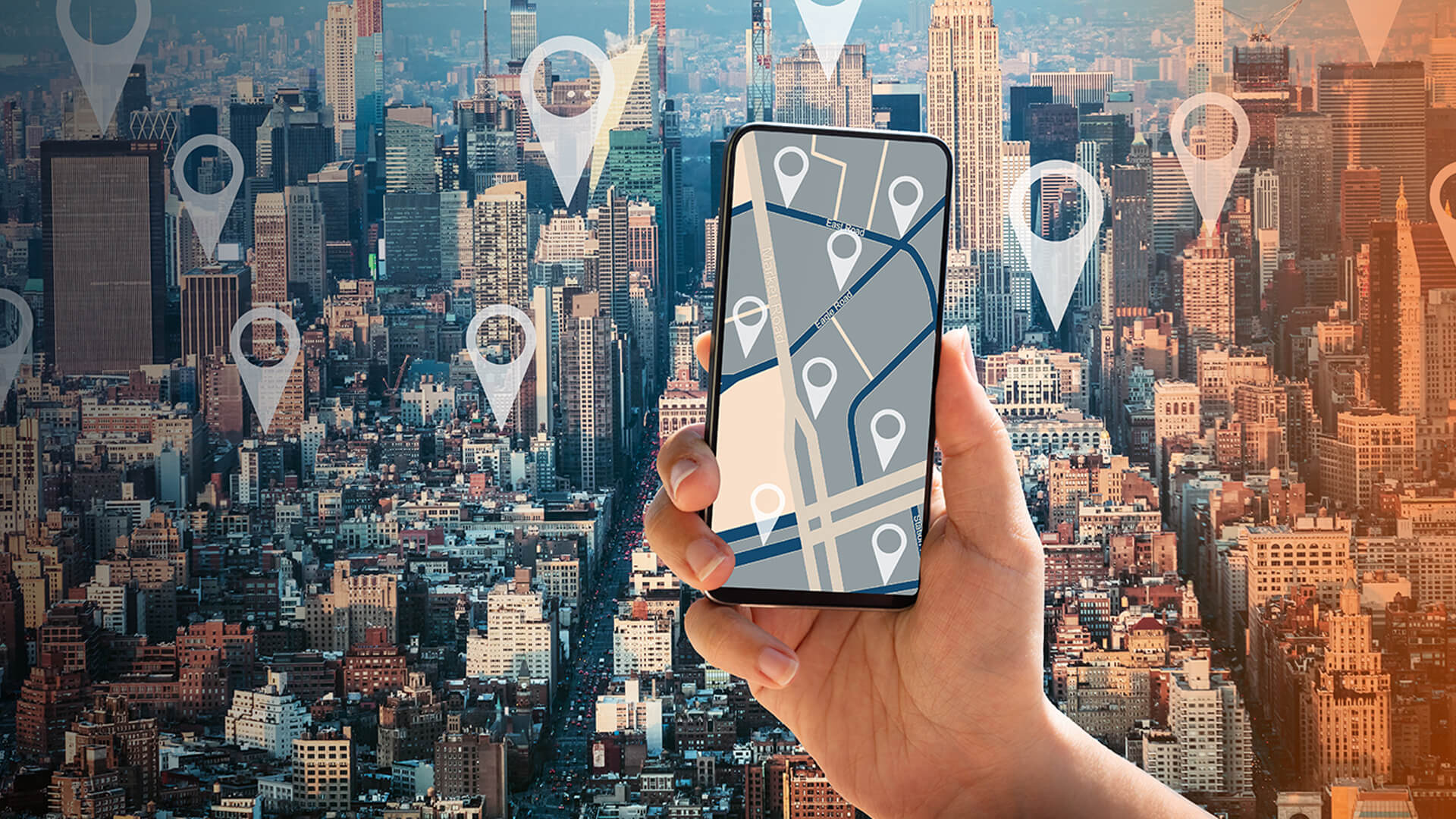How businesses can leverage location-based marketing
For business owners, coming up with ways to build your brand is critical. Often, smaller firms have more niche audiences, so their strategies have to be targeted to meet the particular...

For business owners, coming up with ways to build your brand is critical. Often, smaller firms have more niche audiences, so their strategies have to be targeted to meet the particular needs of their market. Luckily, location-based marketing allows small businesses to use modern technology to attract customers and drive profits.
Table Of Content
Essentially, location-based marketing provides consumers with content relevant to their geographic location. Small businesses can use location-based marketing to send users push notifications about offers, requests for customer feedback, guidance throughout their shopping journey, and more.
Keep reading to learn how location-based marketing works and all the ways it can help your small business thrive.
How location-based marketing works
Location-based marketing relies on push notifications that send users content relevant to their geographic location. Beyond the basics, however, it can feel challenging to grasp how exactly this strategy works. So, to break things down, here are the main types of location-based marketing and what each of them does:
- Geofencing: This variety monitors where a user is located on a digital perimeter or geofence and sends them push notifications based on their position within the geofence.
- Geotargeting: In addition to identifying the location of a user within a virtual fence, geotargeting tracks user interests and preferences and sends push notifications based on these additional factors.
A similar strategy is proximity marketing, which uses more precise tools like beacons and near-field communication to determine the consumer’s exact location. Rather than tracking a user’s position in a geofence, proximity marketing offers businesses more precision. However, location-based marketing can still achieve powerful results for your small business.
Ways to use location-based marketing
To make sure your small business utilizes the full potential of location-based marketing, it’s important to understand all the ways to use it. From enhancing the customer experience to prompting transactions, small businesses can reap various benefits from the technique. Check out these tips for crafting your location-based marketing strategy:
- Request instant feedback: Right after a customer leaves a store, businesses can send them a request to rate their experience or fill out a survey.
- Guide the shopping process: For every step in a customer’s shopping journey, brands can provide them with guidance based on their location.
- Direct customer navigation: Businesses can use a customer’s location to steer them toward their store.
- Send push notifications: When an app senses that a user is near a store, it can send them alerts about coupons and promotions.
- Emphasize urgent offers: To provide even more of an incentive to visit a store, businesses can underline the importance of using an offer before it expires.
- Encourage similar experiences: After a customer has purchased a product or service, you can send them reminders of their past experience and suggest they come back whenever they’re nearby.
Challenges of Location-Based Marketing
Although location-based marketing offers all kinds of benefits for small businesses, users need to agree in order to make them happen. Recently, Apple started sending App Tracking Transparency prompts asking for a user’s permission to share their information.
What does this mean for location-based marketing? According to a May 2021 report, less than 5% of American users are opting into online tracking. So even though opt-in rates may take a hit from Apple’s recent update, location-based marketing is likely to stick around. That’s why small businesses should aim to take advantage of its benefits.
Once you understand how location-based marketing works and the many ways to use it, your small business may be able to enjoy all the advantages of this modern strategy.
Want to learn more? Check out the infographic below for all the information you need about location-based marketing.

















